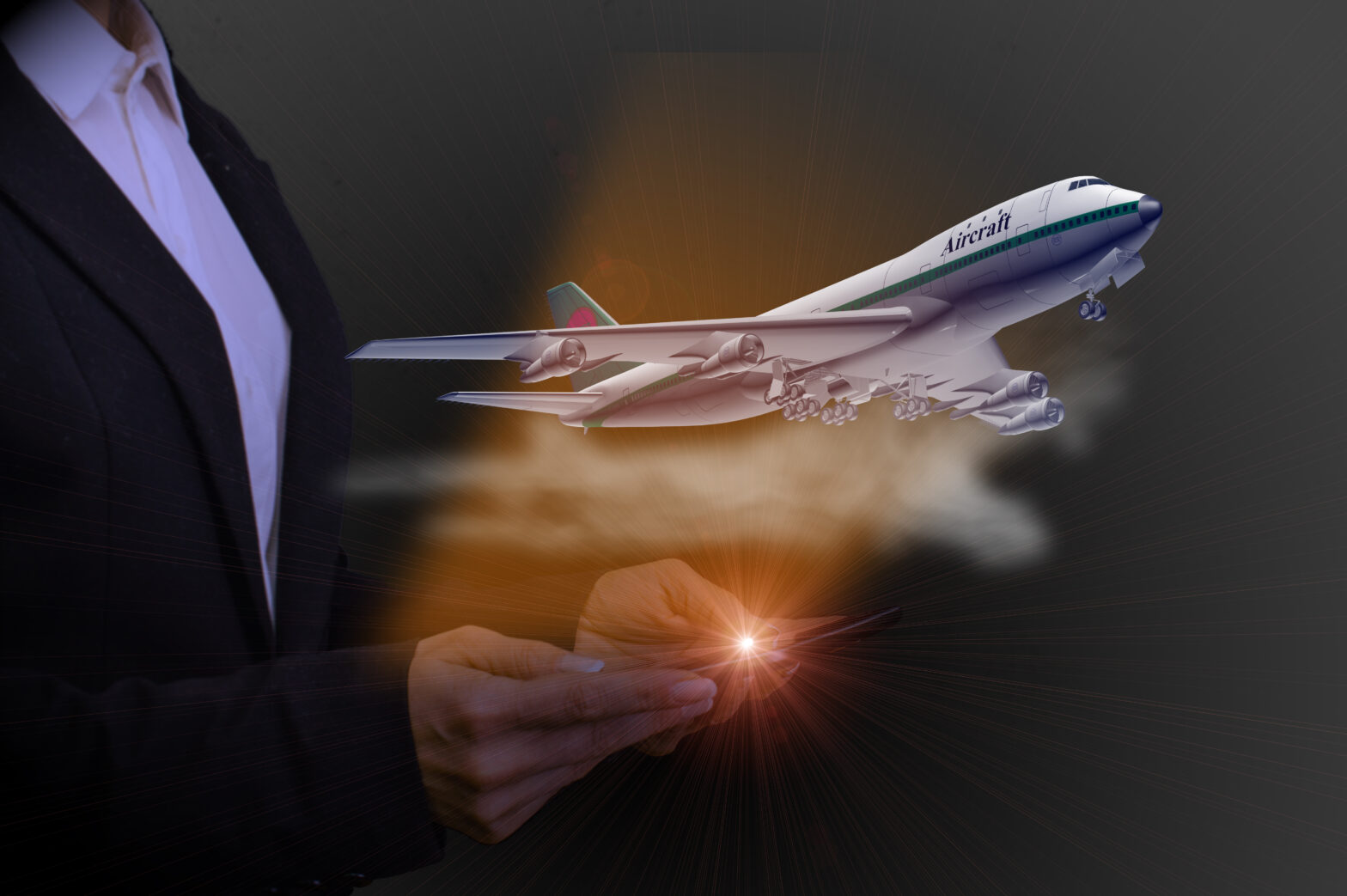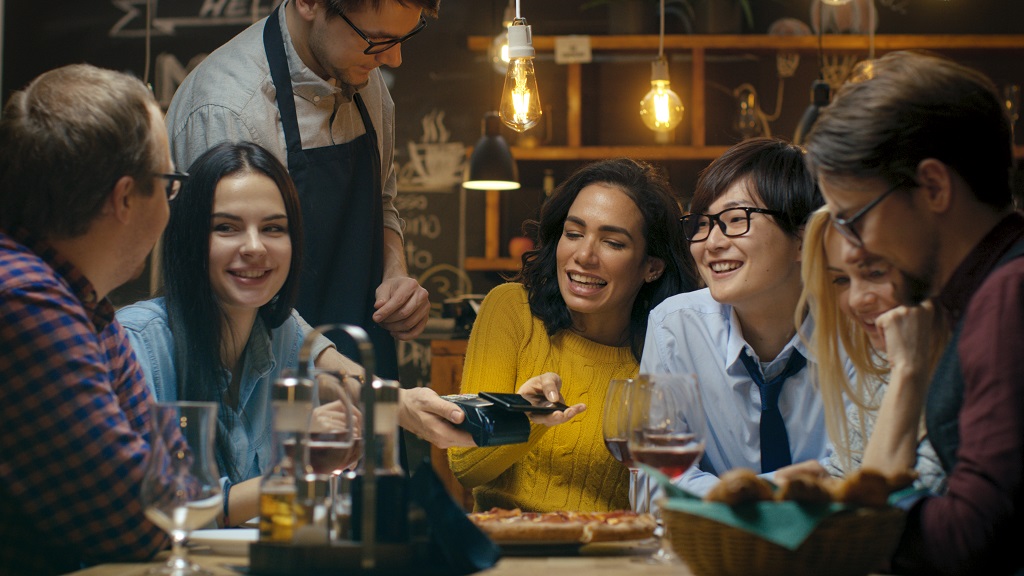Business travel is far more than just a way of CEOs getting from A to B. It’s a $1.2 trillion global sector that boosts infrastructure, skills and investment and for many countries it is a major contributor to their economic and social growth. Like most sectors in our digital age, it is constantly adapting and evolving through technology to become more efficient.
The sector accounts for nearly one quarter of the total amount spent on travel worldwide. With stats like that, it is not hard to see that those who embrace the digital changes impacting business travel are well poised to reap rewards.
Over the past five years the constant influx of new technologies, such as wearables, artificial intelligence, bots and virtual reality, have contributed to the creation of an ‘experience culture’ where consumers expect companies to provide them with instant and engaging experiences. If travel companies want to stand out from their competitors it is crucial that they make a concerted effort to connect consumer experiences throughout their entire journey.
Mobile
Mobile technology is key to achieving this; 80 per cent of all UK travellers have a smartphone, according to Atmosphere Research Group, and this figure is expected to grow by a further three percent by the end of the year. Taking advantage of the mobile technology that travellers are already using is key to delivering the personalised, efficient and seamless experience that they expect.
From home to the airport to their hotel, mobile technology gives business travellers a hassle-free journey. When they embark on their trip, digital access to airport maps can help them find key services such as currency exchanges and food stores quickly and easily. Similarly, check-in and check-out apps offer the opportunity to streamline their journey, while instant notifications, like mobile alerts about flight times and connections, alleviate distracting, travel-related stress.
For all of these it is crucial that providers meet the business traveller’s demand for personalisation by including the possibility of filtering choices presented to them based on preference, itinerary and current location. On top of this, reduced human interaction in the travel administration process has the potential to bring about financial savings, more efficient travel management and reduce potential fraud.
Companies are already beginning to capitalise on mobile potential. For instance, XL Travel Group has deployed XLGO, an app designed to work as a personal travel concierge service on the go. This offers users smart itinerary management, real-time alerts and the ability to call an agent from within a single app. If companies want to avoid falling behind in the race for business travellers’ attention, they too must consider how they can improve the user experience with the technology their clients so clearly prefer.
Beyond meeting the demand for a personalised and effortless experience, technology also has serious applications in mitigating the security risks associated with international travel. Recent research from American Express Global Business Travel revealed that 96 per cent of employers have security procedures in place to deal with major incidents. So traveller tracking has become a key issue. Technology gives businesses the ability to ensure the safety of their itinerant employees through geo-tracking and messaging which lets them communicate with staff in real time if they notice anything out of the ordinary.
Technological advancements, such as the increase in mobile sophistication, automation and geo-tracking, are undeniably maximising opportunities for business travel growth. By taking advantage of these, travel companies will provide increased loyalty amongst business travellers by providing them with experiences that are not only more convenient and streamlined, but also safer.
Simon Ferguson is managing director for Northern Europe at Travelport





